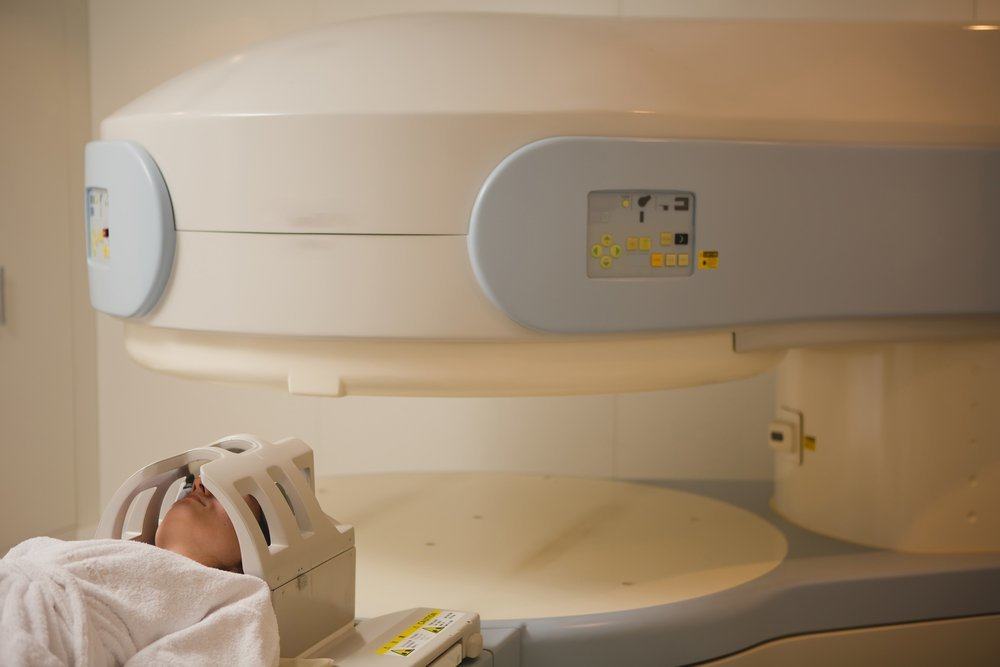Contents:
- Medical Video: 12 Things Your Stool Says About Your Health
- What is the relationship between the digestive tract and the brain?
- The role of intestinal bacteria in maintaining mental health
- 1. Regulate stress response
- 2. Intestinal bacteria may affect personality
- 3. Maintain the quality of brain chemistry
- How to maintain digestive health and mental health
Medical Video: 12 Things Your Stool Says About Your Health
Mental health affects how we think, regulate emotions, and behave. This is closely related to overall brain function. However, it turns out there are other things that can also influence it, namely the health of the digestive tract.
Both the function of organs and bacteria in the digestive tract can affect a person's mental health. Research in recent years also shows that bacteria in the intestine affect the relationship of the brain to the intestine, even the brain's work itself.
What is the relationship between the digestive tract and the brain?
Basically, the nervous system has connections with various organs of the body. In the digestive tract there are around 200-600 million neurons that connect it to the brain as a nerve center.
The intestinal organ is connected to the brain directly with the vagus nerve. This nerve extends from the brain stem, to the neck, thorax, to the abdomen. Besides that the vagus nerve works parasympathetic to several other organs.
The nervous system in the gastrointestinal tract or enteric nervous system is known as the "second brain". Because in addition to being connected with the brain, this system can work on its own and also helps in regulating heart rate, speech, sweating and overall gastrointestinal function.
The brain and gastrointestinal nerve work also occurs in two directions. It connects the peripheral function of the intestine with the part of the brain that regulates cognitive function and emotional regulation. The function of the vagus nerve is also influenced by gastrointestinal health where intestinal bacteria play an important role in influencing brain function and behavior.
The role of intestinal bacteria in maintaining mental health
Interactions between intestinal bacteria and health have been known for a long time, but it turns out that some good bacteria that live in the intestine can also affect brain function. Here are some ways intestinal bacteria affect mental health:
1. Regulate stress response
Two types of probiotics, namely Lactobacillus and Bifidobacteria known to interact with the immune system. Both bacteria, known as the yogurt content, play a role in maintaining endurance by reducing the number of bad bacteria. In addition, both of them also interact with the immune system at hormonal levels to reduce the intensity of stress responses, such as decreasing inflammation and suppressing the production of hormones adrenaline and cortisol.
2. Intestinal bacteria may affect personality
Not only affects the function of organs, the nerves in the digestive tract also send neurotransmitters or chemical substances produced in the intestine, especially from bacteria. A study was conducted on both types of mice with different types and ways of interacting, where one type tends to be of a type introvert and others are of a nature extrovert. The researcher exchanged intestinal bacteria for both. The results of the study showed that both types of mice had different personalities in which rats introvert to be extrovert and vice versa.
3. Maintain the quality of brain chemistry
Neurotransmitters produced in the gastrointestinal tract act as carers for the health of brain nerve cells and are needed as a process of regeneration and repair. Various studies have found that the intestine that lacks bacteria or does not have intestinal bacteria at all experiences changes in the production of neurotransmitters, especially the types of BDNF, NMDA and 5HT1A. These neurotransmitters play a role in regulating mood and anxiety, especially NMDA, which if you experience changes can increase the risk of psychotic diseases.
Intestinal bacteria also play a role in the supply of tryptophan as the basic ingredient in serotonin production, a hormone that plays a role in regulating emotions, appetite for brain memory, and sex drive.
In addition, one type of bacterium cannot work individually, because each intestinal bacterium has a different role. For example, Archaea has a role in digesting vegetable and fruit fibers. Therefore a diet with a variety of foods is needed so that the intestine can act optimally.
How to maintain digestive health and mental health
A healthy diet by consuming whole foods such as vegetables and fruit is needed to maintain overall gastrointestinal health. Increasing the number of good bacteria can be done by eating probiotic foods such as fermented vegetables such as pickles and yogurt.
In addition, consumption of prebiotic foods such as fibrous vegetables and oily fish that helps the formation of intestinal bacteria and healthy intestinal environment. Regular physical activity is also needed to maintain the function of the digestive tract in the intestine.
Avoid some things that can reduce the function and number of intestinal bacteria such as too much consumption of processed foods, and also the use of excessive antibiotics.












